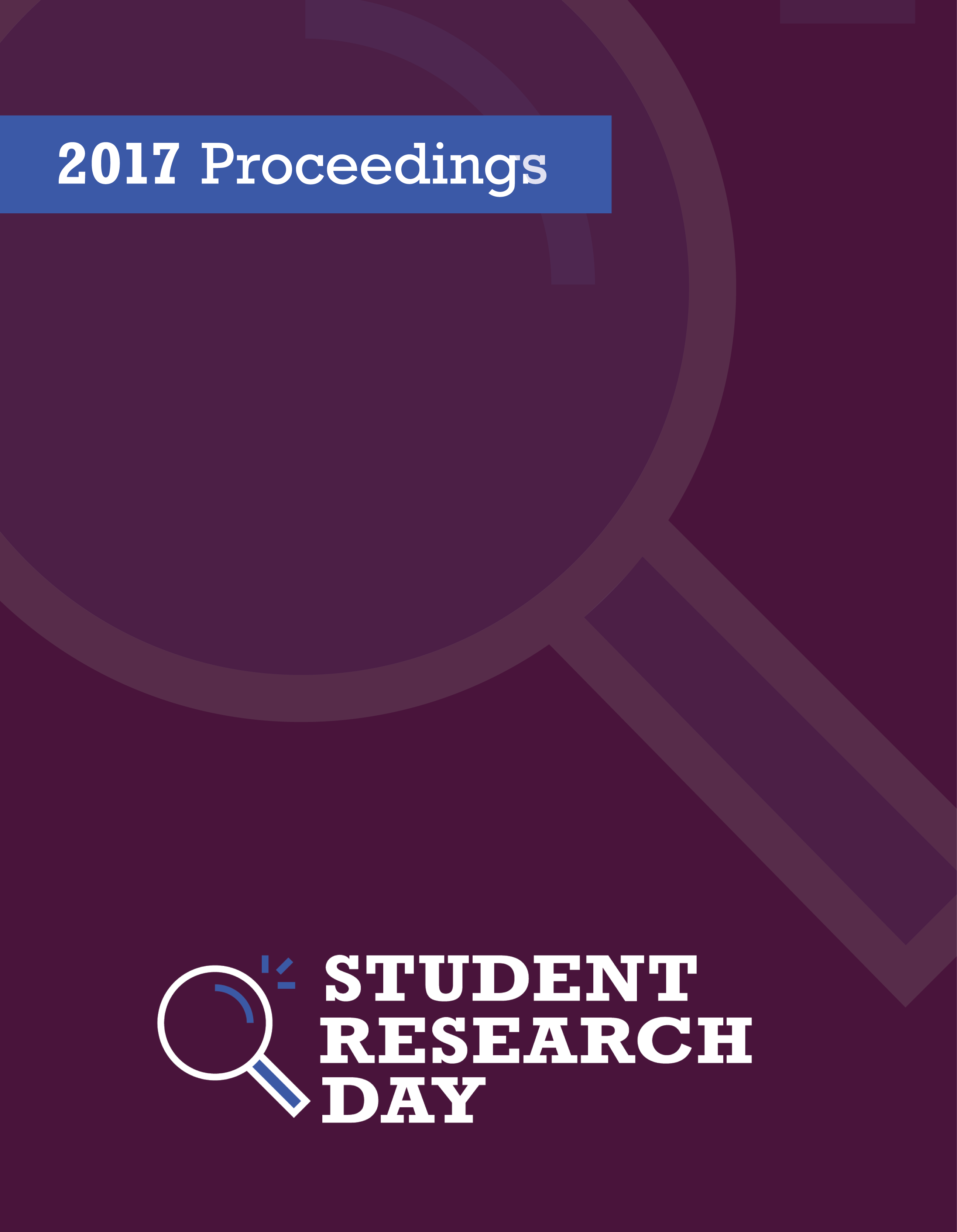Behaviourism and Governance
A World Bereft of Freedom and Politics
Abstract
Today’s world is a world of bureaucratic governance and not of politics. In this context, the purpose of a government is not to engage in politics, but rather to engage in control and order, and to create a world in which people follow and appear to be free. This paper explores the notion that a dominantly bureaucratic state is not one in which the people are free. Through a hermeneutic analysis of certain texts that discuss how such a form of governance comes from and why it does not allow for freedom. Richard Rorty’s Philosophy and the Mirror of Nature and Alasdair MacIntyre’s After Virtue. Rorty’s text focuses on the benefits of behaviourism as a means of knowing the way in which people are and MacIntyre’s work focuses on the shortcomings of behaviourism and the social predictive sciences, and how they effect bureaucracy and government. With a hermeneutic analysis on these texts I have developed a proper and substantive defence of behaviourism and its relation to bureaucratic governance. Once the argument has been properly established, the fallacies within it can be examined and the fundamental argument that people can be controlled as animals, removing their freedom and eliminating politics, can be properly critiqued and dismissed.
Discipline: Political Science Honours
Faculty Mentor: Dr. Gaelan Murphy
References
Downloads
Published
Issue
Section
License
Authors retain any and all existing copyright to works contributed to these proceedings.



